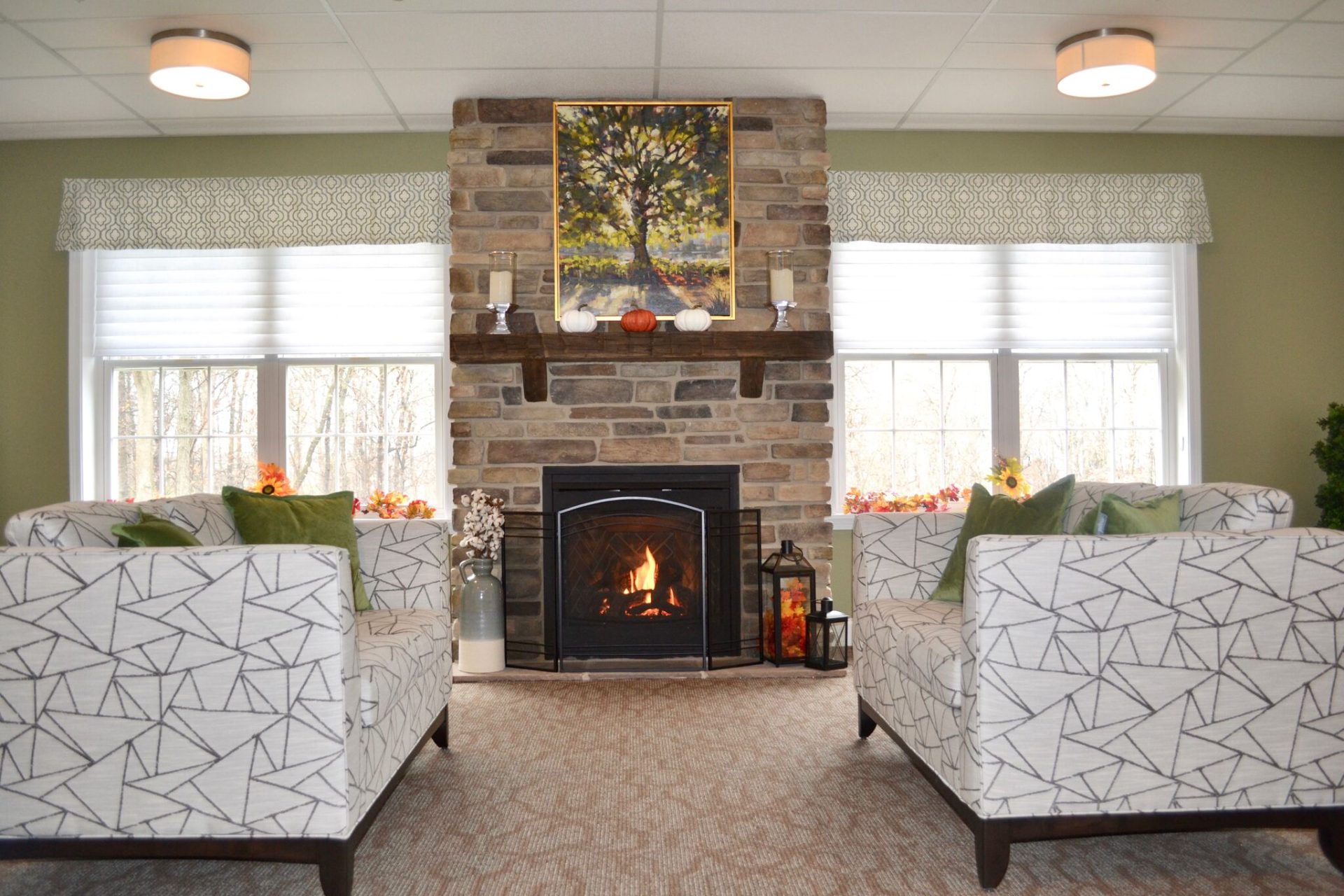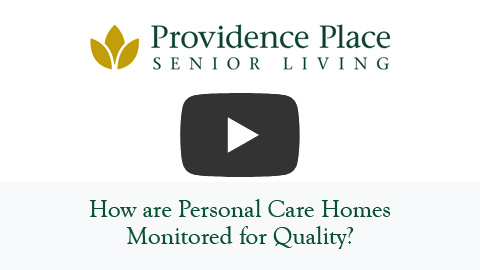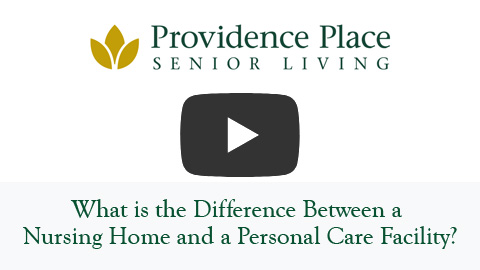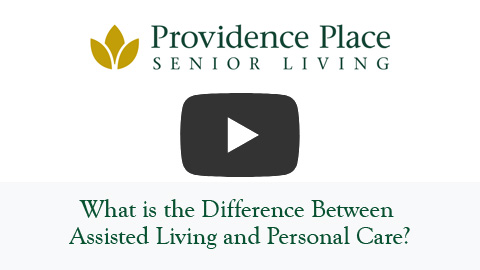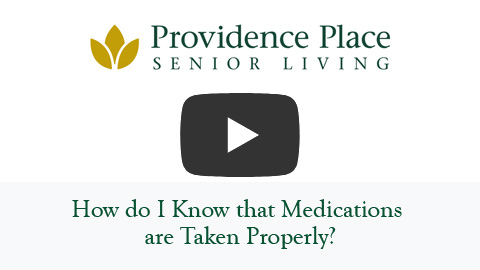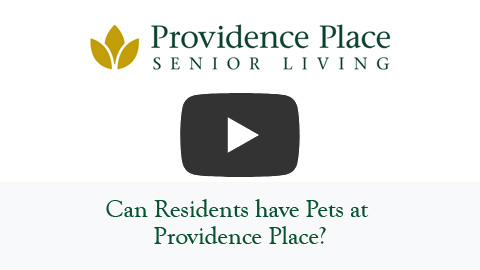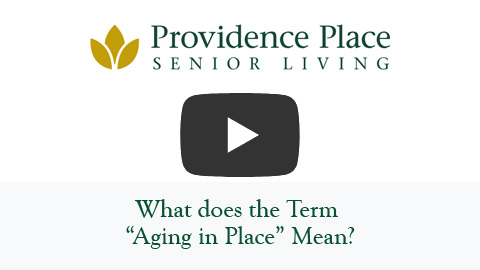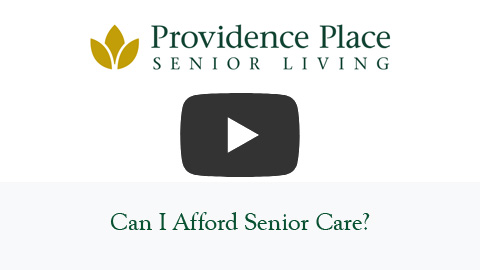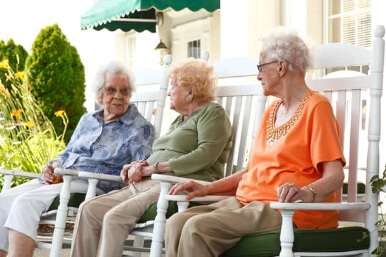Most senior care facilities are regulated by state law. In Pennsylvania, the Department of Human Services (DHS) inspects assisted-living licensed facilities annually. More than 400 areas are assessed during this process. DHS inspectors are trained to evaluate:
- The amount of time dedicated to patient care and the quality of the care given
- The company’s risk and safety procedures
- The amount and effectiveness of training given to staff
- Whether the living environment is safe and well-maintained
